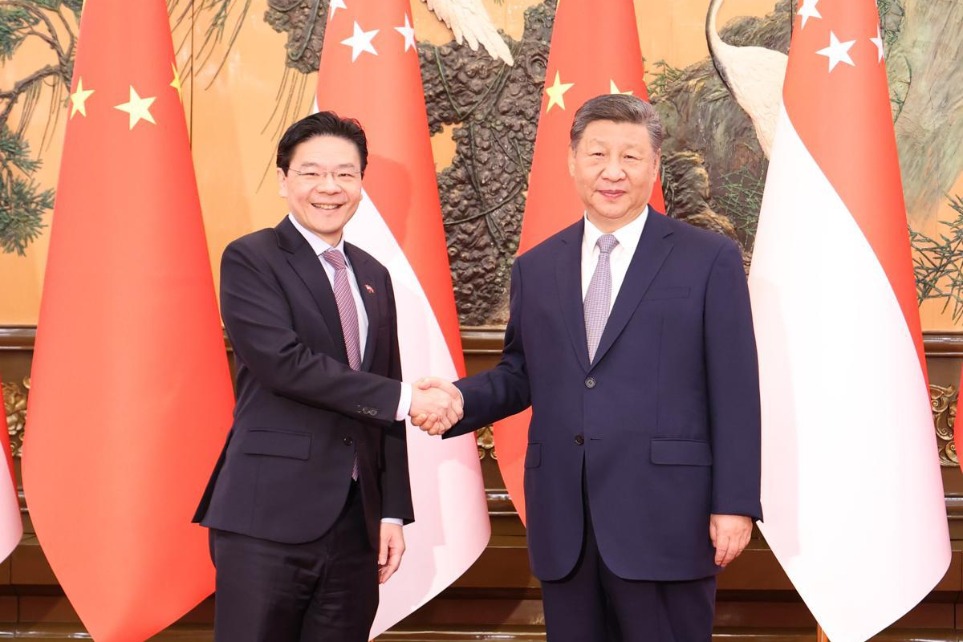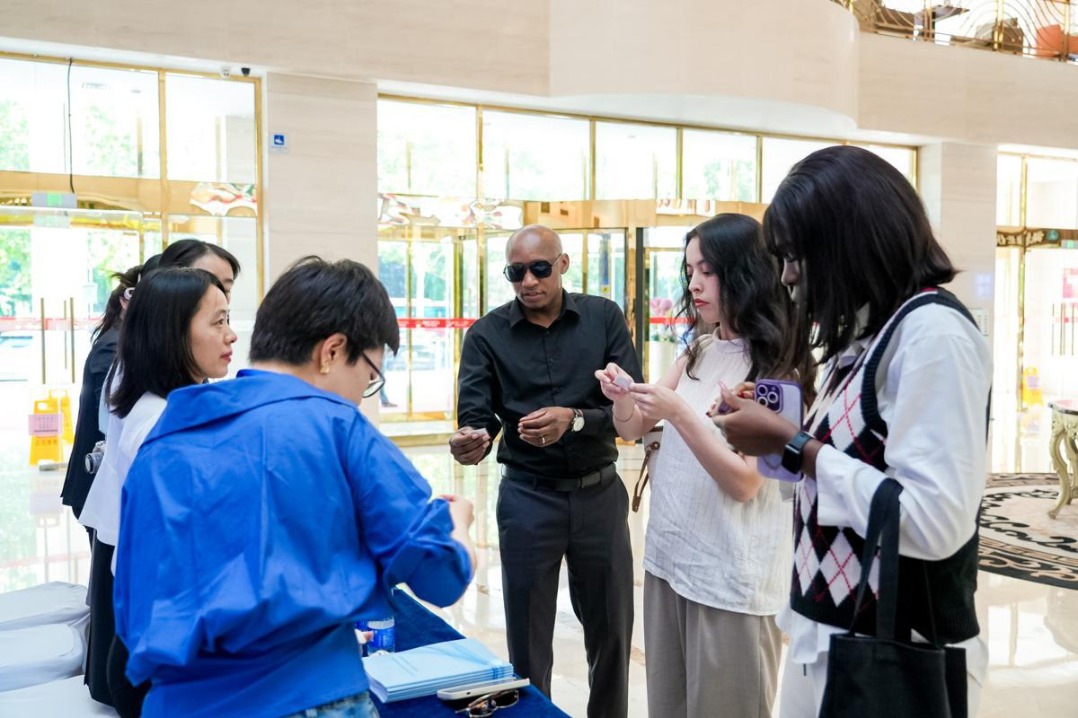Roads at heart of poverty alleviation in China


Report by World Bank, State Council outlines lessons learned from 40-year effort
It took two years of field visits and workshops for the World Bank and Chinese authorities to identify the drivers behind the country's poverty alleviation over the past 40 years. But it took Kenneth Quinn four decades to conclude that building roads paved its way to prosperity.
Earlier this year, the 189-member global lender, working with the State Council's Development Research Center, released a report entitled "Four Decades of Poverty Reduction in China: Drivers, Insights for the World, and the Way Ahead", an examination of the factors behind the historically unprecedented feat of lifting close to 800 million people out of poverty and what lies ahead.
The report concluded that China's success is derived from rapid economic growth and broad-based economic transformation that opened up opportunities and raised the incomes of the poor.
It was also founded on effective governance, which ensured the implementation of both its growth strategy and targeted poverty-reduction policies.
For Quinn, president emeritus of the World Food Prize Foundation, which is based in Iowa in the United States, China has undergone the most dramatic transformation of any country since 1978, mostly because it has eliminated extreme poverty.
Last year, the country declared that it had eradicated extreme poverty as defined by the national threshold, and that it had lifted 770 million people out of poverty since 1978, contributing to nearly three-quarters of the global reduction in the number of people living in extreme poverty.
The eradication of absolute poverty in the world's most populous country in just 42 years is a "truly extraordinary" achievement, said Quinn, who is also a former US ambassador to Cambodia and who has chaired the World Food Prize Foundation since 2000. "The most essential lead element in China's poverty alleviation efforts was the construction and improvement of farm-to-market roads that were repaired and rebuilt everywhere," Quinn told China Daily.
He said that over the past four decades, he has visited the nation on multiple occasions to observe its poverty-reduction process and to interact with key participants and decision-makers.
On his first trip in October 1979, as part of a delegation of US state governors, Quinn found widespread poverty. He remembered meeting with then-Chinese leader Deng Xiaoping, who emphasized the importance of the two steps China had just taken: its new policy of "opening to the world" and the establishment of diplomatic relations with the US.
Quinn said that during that trip, he had the "remarkable opportunity" to travel across the country to observe the economic situation firsthand in areas such as Shanghai, Guangdong province and the Guangxi Zhuang autonomous region. Approximately 750 million Chinese citizens were then mired in poverty, and there was no sign of the modernization that is now ubiquitous nationwide, he said.
In the 1960s, Quinn served as a rural-development adviser in the Mekong Delta. It was there that he first realized that places that lacked roads were rife with poverty, hunger and malnutrition. In China's case, impoverished areas began to recover once roads were built.
"A comparison of 1980 Chinese highway maps with those of 2020 demonstrates the clear linkage between the improvement and upgrading of rural roads and the reduction of poverty throughout the country," Quinn said.
For one thing, the upgrading of all-weather roads was the means by which new agricultural technologies, enhanced nutrition and expanded educational opportunities became available, he said.
























